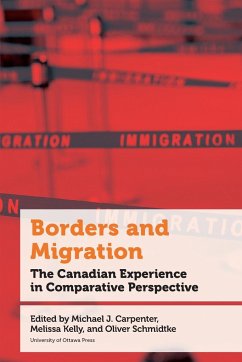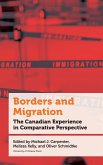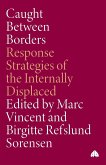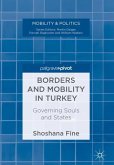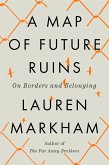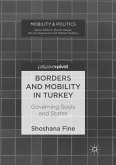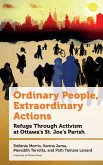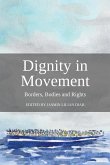Since 2015, the cross-border movement of migrants and refugees has reached unprecedented levels. War, persecution, destitution, and desertification impelled millions to flee their homes in central Asia, the Levant, and North Africa. The responses in the Global North varied country by country, with some opening their borders to historically large numbers of refugees and asylum seekers, while others adopted increasingly strict border policies. The dramatic increase in global migration has triggered controversial political and scholarly debates. The governance of cross-border mobility constitutes one of the key policy conundrums of the 21st century, raising fundamental questions about human rights, state responsibility, and security. The research literatures on borders and migration have rapidly expanded to meet the increased urgency of record numbers of displaced people. Yet, border studies have conventionally paid little attention to flows of people, and migration studies have simultaneously underappreciated the changing nature of borders. Borders and Migration: The Canadian Experience in Comparative Perspective provides new insights into how migration is affected by border governance and vice versa. Starting from the Canadian experience, and with an emphasis on refugees and irregular migrants, this multidisciplinary book explores how various levels of governance have facilitated and restricted flows of people across international borders. The book sheds light on the changing governance of migration and borders. Comparisons between Canada and other parts of the world bring into relief contemporary trends and challenges. Available formats: hardcover, trade paperback, accessible PDF, and accessible ePub
Hinweis: Dieser Artikel kann nur an eine deutsche Lieferadresse ausgeliefert werden.
Hinweis: Dieser Artikel kann nur an eine deutsche Lieferadresse ausgeliefert werden.

